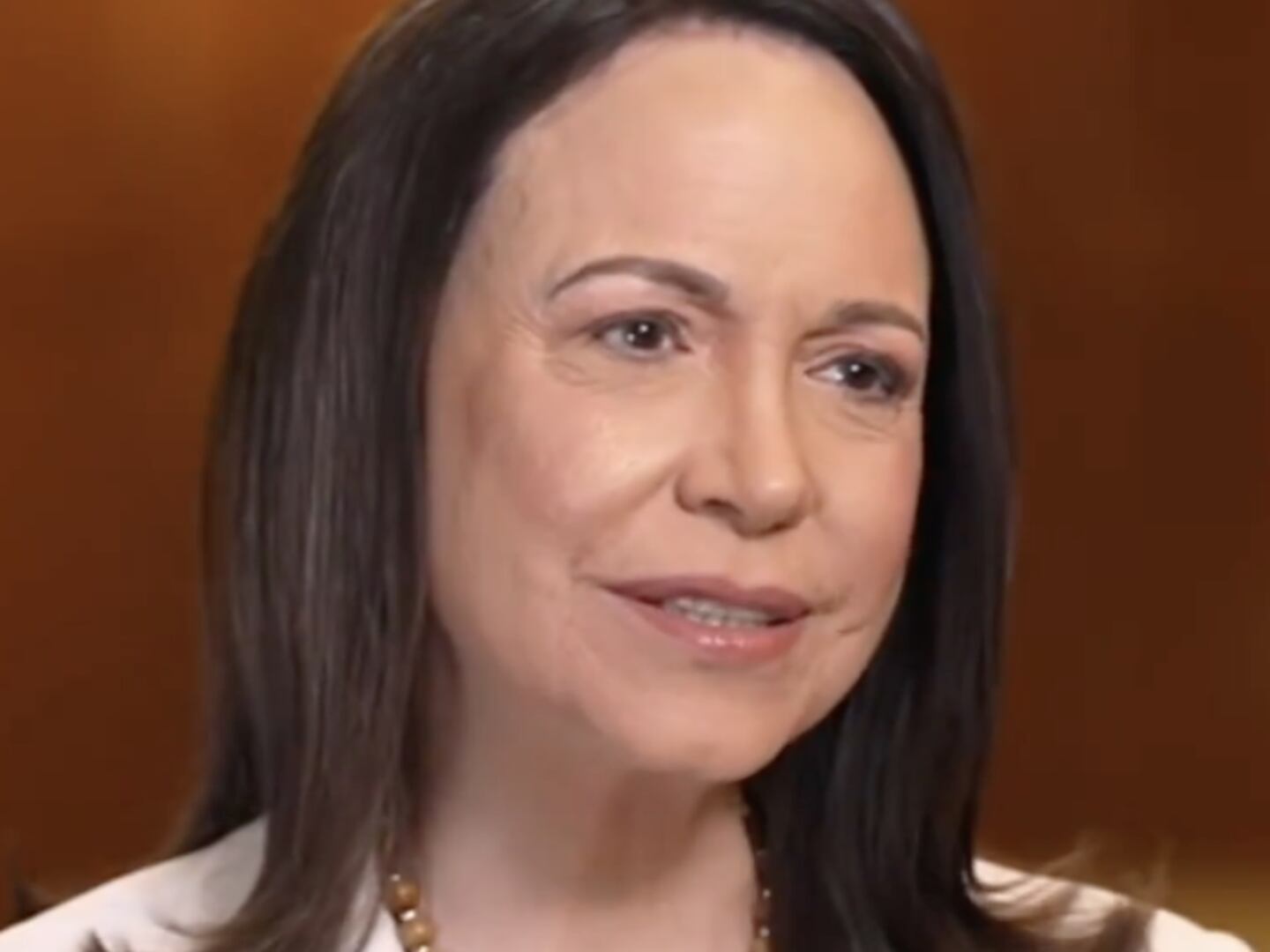Palestinian President Mahmoud Abbas is disillusioned by President Obama. He tells NEWSWEEK's Dan Ephron that Obama, who seemed open to helping the Palestinian cause before his election, quickly cooled once he got into office—and at a crucial moment, betrayed him.

Things came to a head earlier this year when Obama called Abbas before a critical United Nations vote on Israeli settlements in the West Bank. For almost an hour, Abbas says, Obama tried to get the Palestinian leader to withdraw the resolution—using first carrots then sticks, threatening that Congress might not approve the hundreds of millions of dollars America gives to the Palestinians in aid.
When Abbas refused to stand down, Secretary of State Hillary Clinton called with added pressure. Still, Abbas wasn't prepared for what happened next.
When the resolution came to a vote, the Palestinian president, to his dismay, discovered that the Americans would vote against the Palestinians and veto the resolution.
“It was Obama who suggested a full settlement freeze,” Abbas told Ephron in one of several exclusive interviews during a whirlwind trip last week that took the Palestinian leader from Jordan to Tunisia to France, where he met with President Nicolas Sarkozy. Abbas recounted that he told Obama, “‘OK, I accept.’” Then, he said, “We both went up the tree. After that, he came down with a ladder and he removed the ladder and said to me, jump. Three times he did it.”
“We both went up the tree. After that, (Obama) came down with a ladder and he removed the ladder and said to me, jump.”
• Leslie H. Gelb: The Palestinian Vote Igniting the MideastAbbas also criticized Washington's handling of the revolution in Egypt, saying the push that Obama gave President Hosni Mubarak was “impolite” and possibly dangerous. “From day one, when it started with Mubarak, I had a telephone call with Madame Clinton. I told her, ‘do you know what are the consequences? Either chaos, or Muslim Brotherhood, or both,'” he said. “Now they have both.”
Abbas, who not so long ago seemed like the best hope for peace between the Palestinians and the Israelis, is running on borrowed time. He has said he won’t seek reelection in the fall, and his big gambit before then is another U.N. resolution—one that recognizes a new state of Palestine according to the 1967 borders; and a move that has Israel extremely worried. Defense Minister Ehud Barak warned his country faces deep isolation, a “diplomatic tsunami” if the Palestinian plan is successful.
But in a region beset by revolution and change, it’s a high-stakes gamble to feed people’s expectations. If Abbas fails to make progress with the recognition of the Palestinian state, his end might come sooner rather than later, in a wave of public anger similar to those that have swept Tunisia, Egypt, and Libya. Even if the measure is successful, Abbas faces a challenge: How to translate the words of a resolution into an actual state, especially when Israeli Prime Minister Benjamin Netanyahu is unlikely to simply hand over the keys?
Click here to read Ephron’s full report.
Dan Ephron has been Newsweek's Jerusalem bureau chief since January, 2010. Previously, he served as a national security correspondent and deputy bureau chief for the magazine in Washington. His stories have also appeared in the Boston Globe, The New Republic and Esquire.






